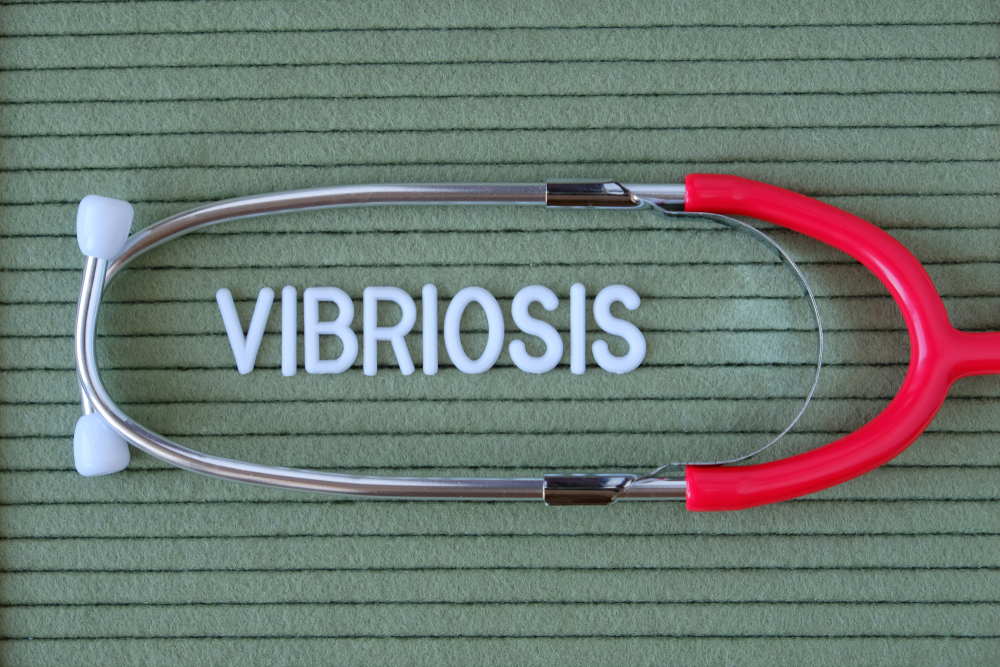Vibriosis is also known as Vibrio Infection.
A vibrio can cause human diseases, and it takes lots of it to do so. Vibriosis is the term used after it turns into illness.
These bacteria live in coastal waters. Exposing an open wound to salted water can get you this bacteria.
The most known species causing diseases in the United States are:
- Vibrio parahaemolyticus
- Vibrio vulnificus
- Vibrio alginolyticus
How to avoid getting Vibriosis
- Avoid eating undercooked shellfish (oysters)
- Avoid unclean raw fish
- Exposing an open wound to salted water
- Boosting your immune system
- Avoid eating contaminated food
When do infections occur?
When seasons are warm, and water temperatures are warmer, infections may increase from May to October. People should take extra precautions when going to the sea and vacationing. Be aware of your own body. If wounded, make sure to get it adequately treated to lessen the chance of getting it infected.
Is it a severe disease?
Vibrio Vulnificus is one of the severe infections. This infection is critical and needs intense care and may result in limb amputation. Some patients, upon knowing their diagnosis after two days or so, die, due to the infection. Other infections, however, can heal abruptly and can recover for approximately three days without additional side effects.


